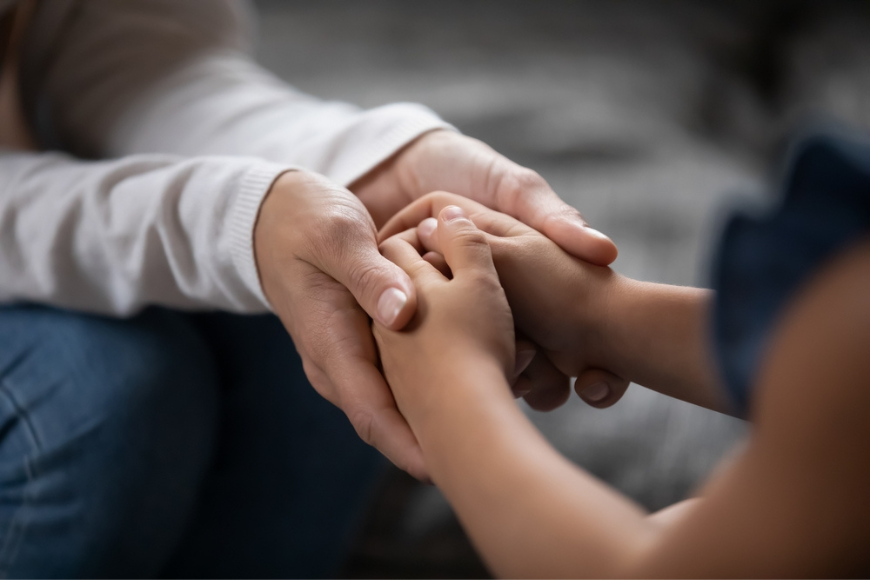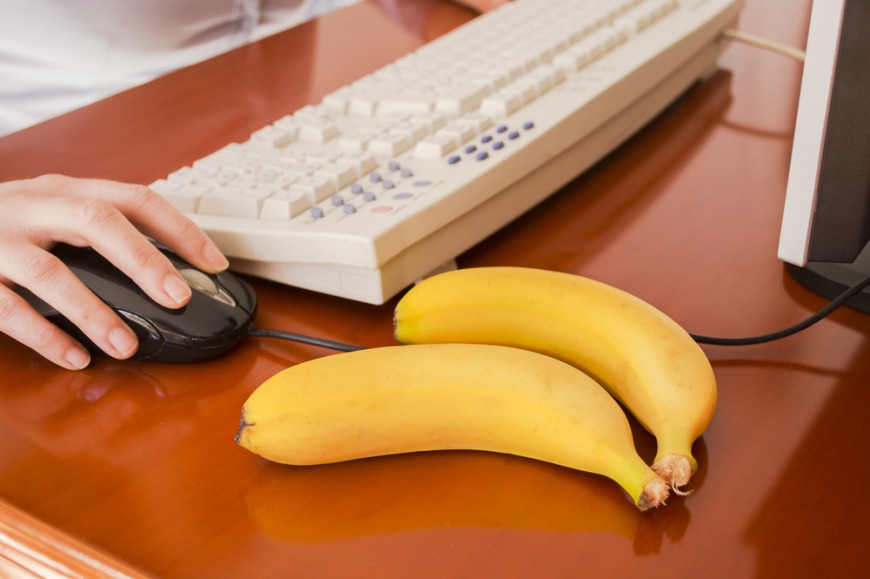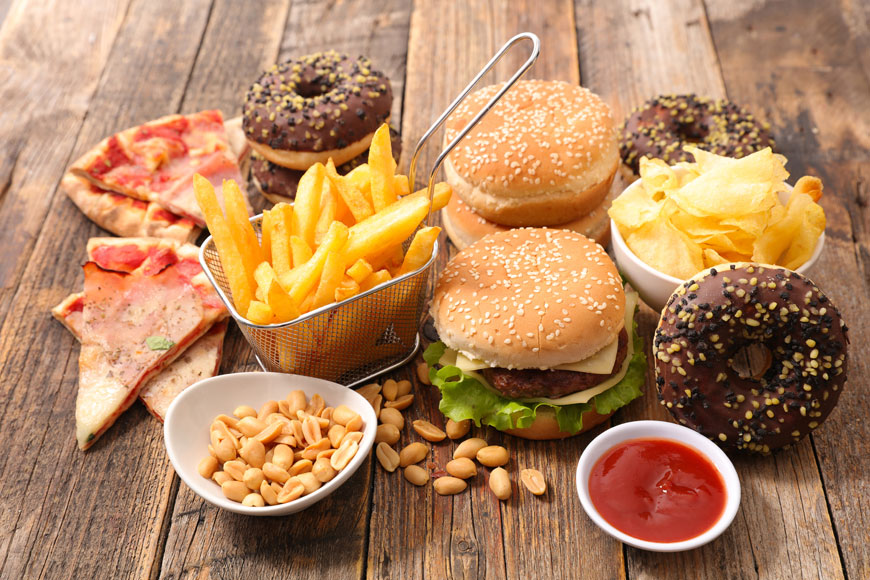This is everything that you need to know about Eid Al Adha in Kuwait
5 August 2018
| Last updated on 5 August 2018
In all Islamic countries, there are two popular holidays that are celebrated by Muslims across the world: Eid Al Fitr and Eid Al Adha.
Eid Al Adha is considered to be the greater of the two Eid’s and is an especially blessed time to perform hajj.
Eid Al Fitr is celebrated just after Ramadan, while Eid Al Adha is celebrated around Hajj season. Eid Al Adha is also known as the ‘Festival of Sacrifice’ and serves as a reminder of Prophet Ibrahim’s faithfulness to Allah.
What is Eid Al Adha?
As mentioned above, Eid Al Adha is also known as the ‘Festival of Sacrifice.’ It is the greater of the two Eid’s and marks the day on which Allah tested Prophet Ibraham’s (PBUH) obedience. Allah demanded that Ibrahim sacrifices his son, Ishmael to Allah.
SEE ALSO: 5 Things I Wish I Knew Before Moving to Kuwait
Ibrahim was obedient to God throughout the journey. Just when Ibrahim was about to kill his son, Allah stopped him and provided an animal to be sacrificed in Ishmael's place.
When is Eid Al Adha in Kuwait?
Eid Al Adha does not occur on the same Gregorian date every year. The Islamic holidays are calculated according to a lunar calendar which has approximately 11 less days than the more commonly used Gregorian calendar.
Eid Al Adha starts every year on the 10th of Dhul Hijja and continues until the 12th of Dhul Hijja.
An estimated date for Eid Al Adha can be determined via the moon sightings, but it is usually only confirmed three or four days before the actual Eid. This is the case for Eid Al Adha and Eid Al Fitr.

How does Muslims celebrate Eid Al Adha in Kuwait?
Performing Hajj
It is customary for all Muslims to perform Hajj at least once in their life. Eid Al Adha forms the last three days of Hajj. Muslims will often travel to Saudi Arabia just before Eid in order to perform a pilgrimage from Mecca to Mina, Mount Arafat, Muzdalifah and then back again.
Hajj can only be performed during this period, else it is not considered as Hajj, but as a lesser pilgrimage called Umrah. Hajj is one of the five pillars of Islam. All Muslims are expected to perform Hajj at least once in their life if they are financially and physically able to.
Performing Hajj
Muslims who do not travel to Mecca for Hajj will often times start the Eid celebrations by fasting on Arafat day the day before Eid Al Adha.
By fasting on this day, all their minor sins from the previous year, and the upcoming year are forgiven.
Sacrificing an animal
It is also customary to offer a sacrifice to Allah during this time period. While some families still slaughter and sacrifice their animals themselves, others prefer to donate money and have someone else do it on their behalf.
Give gifts to the children
During Eid Al Adha, children will usually receive money from their elders. This is known as an Eidee and is always loved by everyone at the receiving end. This can however turn into an expensive gift as all the children in the family usually receives Eidee from their elders, regardless of their age.
SEE ALSO: The 4 Best English News Websites In Kuwait
Have lunch together as a family.
There are often times specials for family brunches at restaurants and hotels. It is common for Muslims to cook at home and spend the day there with the whole family. Else they are often seen going to a brunch together to enjoy some time together as a family without the hassle of having to tidy up at home.
Go away for the weekend
During Eid Al Adha, there are a number of travel specials that come up. Locals always make use of these specials and whether they travel internationally, or just locally, you will often times find Kuwaiti nationals travelling away from home.
What is Arafat Day?
Arafat day is the second day of Hajj and is celebrated on the 9th of Dhul Hijja. On Arafat Day, Prophet Muhammed (PBUH) gave his last sermon on Mount Arafat. During this sermon he proclaimed that Islam as a faith is now perfected.
Arafat day is celebrated on the 9th of Dhul Hijja
Muslims often fast during this day as it is believed that fasting on Arafat Day will grant them forgiveness for all their minor sins from the last year and for the coming year. Fasting is especially encouraged they did not travel to Mecca for Hajj.
































































































